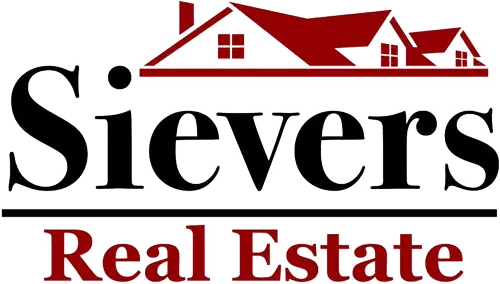
Safeguard Your Investment: Protecting Yourself from Real Estate Fraud
Securing your investment is essential in any real estate transaction. For most people, purchasing property represents one of the largest financial commitments they’ll ever make, with potential returns that can shape their future. However, as the real estate market grows, so does the risk of encounte

Switching Real Estate Brokerages: A Seamless Transition Guide
Considering a switch? Here's how to move to a new brokerage without disrupting your business. Deciding to change real estate brokerages is a significant decision, often driven by a desire for better support, resources, or a more suitable work environment. While this change can be positive for your c
Recent Posts

How Down Payment Assistance Makes Homeownership in Washington More Affordable

Don’t Let the Calendar Control Your Home Sale

Sumner, The Quiet Washington Town Everyone Falls in Love With

Why University Place, WA Should Be on Your Radar A Lifestyle of Scenic Beauty, Community Warmth, and Real Estate Potential

Moving to Tacoma? Here’s What You Should Know Before You Go

Is Steilacoom, WA Right for You? Everything You Need to Know

Is Lakewood, WA a Good Place to Live?

Top Reasons to Move to Puyallup

Pacific Northwest Paradise: Top 10 Reasons to Move to Silverdale

The Hidden Gem of the Pacific Northwest: Top 10 Reasons to Move to Bremerton
